Why Democracy Failed
The Agrarian Origins of the Spanish Civil War
Part of Cambridge Studies in Economic History - Second Series
- Authors:
- James Simpson, Universidad Carlos III de Madrid
- Juan Carmona, Universidad Carlos III de Madrid
- Date Published: May 2020
- availability: Available
- format: Paperback
- isbn: 9781108720380
Paperback
Other available formats:
Hardback, eBook
Looking for an inspection copy?
This title is not currently available on inspection
-
In this distinctive new history of the origins of the Spanish Civil War, James Simpson and Juan Carmona tackle the highly-debated issue of why it was that Spain's democratic Second Republic failed. They explore the interconnections between economic growth, state capacity, rural social mobility and the creation of mass competitive political parties, and how these limited the effectiveness of the new republican governments, and especially their attempts to tackle economic and social problems within the agricultural sector. They show how political change during the Republic had a major economic impact on the different groups in village society, leading to social conflicts that turned to polarization and finally, with the civil war, to violence and brutality. The democratic Republic failed not so much because of the opposition from the landed elites, but rather because small farmers had been unable to exploit more effectively their newly found political voice.
Read more- Shows the restrictions imposed on young democracies by the levels of state capacity and systems of political organization that they inherited
- Includes inter-disciplinary and multi-disciplinary perspectives showing the interconnections between political change and economic development
- Explains how individuals with moderate political views became disillusioned with the Second Republic and were driven towards the extremes of the political spectrum
Reviews & endorsements
'The Spanish Civil War was many wars, Catholics versus anti-clericals, regional nationalists versus centralists – especially military ones, and industrial workers versus employers. Arguably, the most divisive issue was the long-running agrarian war now illuminated by this sophisticated and lucid study. Within a lengthy chronological span and an awareness of the wider European and Latin-American context, the authors have produced a welcome and highly nuanced work that will supplant the now fifty-year old classic on the agrarian question by Edward Malefakis.' Sir Paul Preston, author of The Spanish Holocaust: Inquisition and Extermination in Twentieth Century Spain
See more reviews'Why Democracy Failed is a breakthrough study of socioeconomic conditions in Spanish agriculture during the early twentieth century. It strikingly restructures our understanding of the conflicts that lead to the breakdown of the Second Republic, replacing often subjective political interpretations with decisive new data to analyze agrarian conditions and social polarization. Broad in scope and impressively original in content, this is the best new historical account of Spanish agriculture in half a century.' Stanley G. Payne, author of The Spanish Civil War
'These two experts in agrarian history advance new and nuanced interpretations of late nineteenth and early twentieth-century Spanish political and economic developments. They make important contributions to the literature on the origins of the Spanish Civil War and place the Spanish situation in a European and global comparative context.' Michael Seidman, author of Transatlantic Antifascism: From the Spanish Civil War to the End of World War II
'This is a very important contribution … Highly recommended. General readers, advanced undergraduates through faculty, and professionals.' N. Greene, Choice
'Why Democracy Failed is an ambitious and important contribution to the scholarship on European agrarian history and specifically the history of the Second Spanish Republic of the 1930s.' Pamela Radcliff, Agricultural History
'… an original and provocative contribution to this debate … [the authors] find their answers in places very different from where historians usually look.' Adrian Shubert, Journal of Modern History
'… essential reading for anyone looking to understand how Spain's problems of inequality led to such a brutal and violent reaction.' Sergio Riesco, EH.net (Economic History Association)
Customer reviews
Not yet reviewed
Be the first to review
Review was not posted due to profanity
×Product details
- Date Published: May 2020
- format: Paperback
- isbn: 9781108720380
- length: 316 pages
- dimensions: 228 x 152 x 18 mm
- weight: 0.46kg
- availability: Available
Table of Contents
Introduction
Part I. The European Experience: Economic and Political Development, 1870–1939:
1. The modernization of European societies
2. European agriculture in an age of economic instability
Part II. Spanish Agriculture, Economic Development and Democracy:
3. The limits to Spanish modernization, 1850–1936
4. Agricultural growth, regional diversity, and regional land-tenure regimes
Part III. Explaining the Weakness of the Family Farm:
5. The family farm and the limits to village – level cooperation
6. The persistence of the landed elites and the nature of farm lobbies
Part IV. Rural Elites, Poverty, and the Attempts at Land Reform:
7. Land ownership, economic development and poverty in Andalusia and southern Spain
8. The limits to land reform
Part V. Rural Conflicts and the Polarization of Village Society:
9. Creating parties, political alliances, and interest groups: rural politics in the 1930s
10. The growing polarization of rural society during the Second Republic
Conclusion
Appendix 1. Agricultural statistics in Spain, France and Italy in the early 1930s
Appendix 2. Dry-farming and the economics of the family farm.
Sorry, this resource is locked
Please register or sign in to request access. If you are having problems accessing these resources please email [email protected]
Register Sign in» Proceed
You are now leaving the Cambridge University Press website. Your eBook purchase and download will be completed by our partner www.ebooks.com. Please see the permission section of the www.ebooks.com catalogue page for details of the print & copy limits on our eBooks.
Continue ×Are you sure you want to delete your account?
This cannot be undone.
Thank you for your feedback which will help us improve our service.
If you requested a response, we will make sure to get back to you shortly.
×
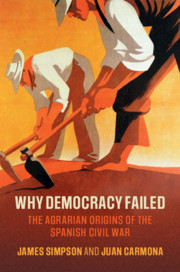
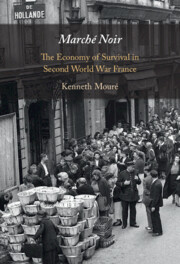
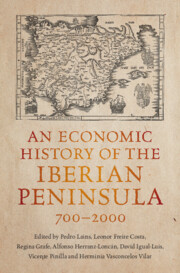
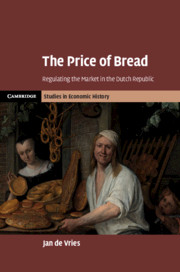
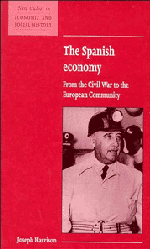
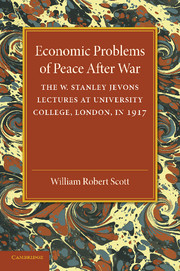
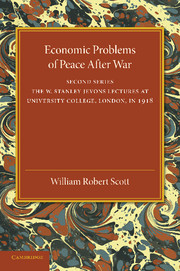
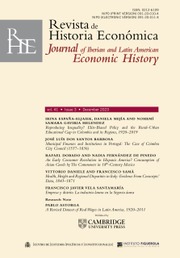
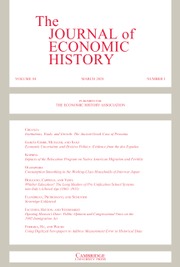
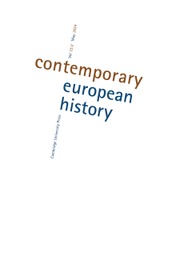



.jpg)
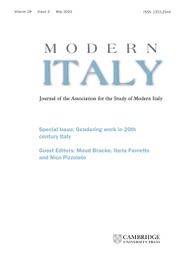
.jpg)
